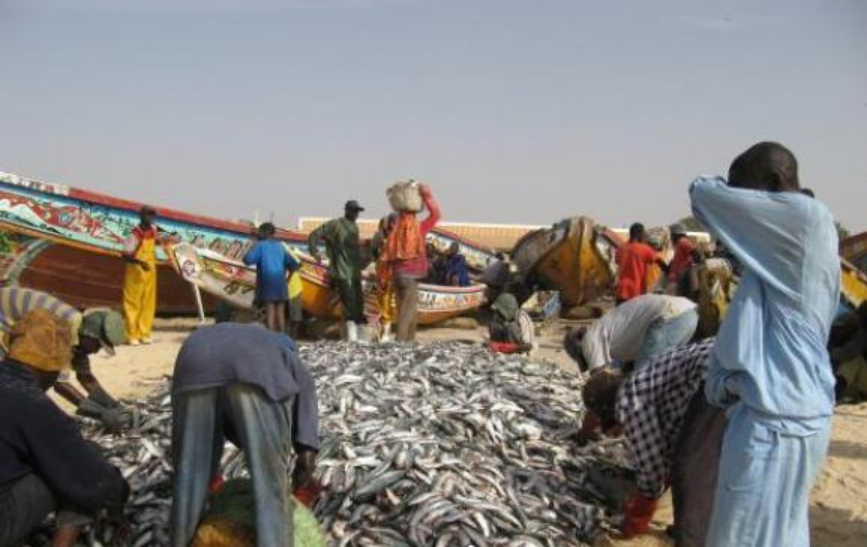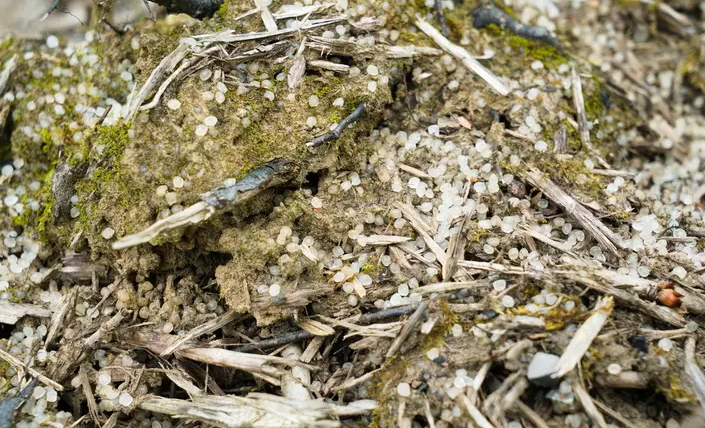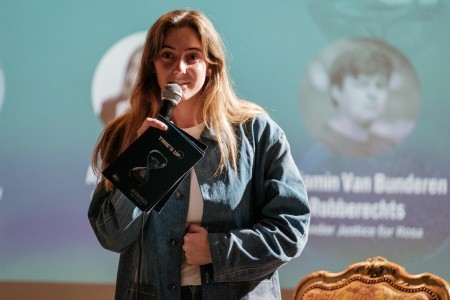
On January 30, 2025, the National Aquaculture Agency (ANA) and the Veolia Foundation will invite public, private, and community stakeholders to Mbodjiene, in the Mbour department, for the official presentation of their aquaculture site. This event will highlight aquaculture as a strategic lever for the economic development of Senegal, while emphasizing its crucial role in combating illegal immigration and creating economic opportunities for youth and women.
In response to the rise in irregular migration flows, often driven by unemployment and lack of opportunities, aquaculture emerges as a concrete and sustainable solution. By exploiting Senegal’s vast aquatic resources, this sector can generate stable and rewarding jobs for youth and women, deterring them from seeking an uncertain future abroad. As an inclusive economic activity, aquaculture promotes the financial independence of local populations and reduces social disparities. It represents a credible alternative to rural exodus and illegal immigration, while contributing to food security and the resilience of communities facing socio-economic challenges.
One of the main objectives of this event is to show how aquaculture can transform the lives of youth and women, who are often the most affected by unemployment and precariousness. Through well-structured projects and tailored training, these groups can access economic opportunities, particularly in:
- Aquaculture production: Raising fish, shellfish, and crustaceans to meet the growing demand for fishery products.
- Processing and marketing: Adding value to aquaculture products to increase their profitability in local and international markets.
- Services and innovations: Developing logistics, maintenance, and technology solutions to modernize the sector.
As a public institution, the ANA plays a key role in structuring and promoting the aquaculture sector in Senegal. Through this event, it reaffirms its commitment to:
- Strengthening the capacities of local actors: Through technical training and awareness programs.
- Supporting community projects: By providing technical, financial, and logistical support.
- Promoting sustainable and inclusive aquaculture: By integrating environmentally friendly practices tailored to local realities.
A partner of ANA, the Veolia Foundation brings its expertise in sustainable development and natural resource management. It contributes to:
- Technological innovation: By introducing modern and sustainable techniques to optimize aquaculture production.
- Financing impactful projects: By supporting local initiatives that create jobs and enhance the economic resilience of communities.
- Environmental awareness: By promoting practices that respect aquatic ecosystems.
The day of January 30, 2025, in Mbodjiene will be an opportunity to:
- Highlight successful aquaculture project models, led by youth and women.
- Exchange strategies to strengthen the sector and maximize its social and economic impacts.
- Promote dialogue between public, private, and community stakeholders to build an inclusive and prosperous future.
In a context marked by the challenges of illegal immigration and unemployment, aquaculture presents a concrete and sustainable response. But to maximize its impact, it is essential that all stakeholders – institutions, development partners, local authorities, and civil society – work together.
In a context where socio-economic challenges are exacerbated by migration pressures and precariousness, aquaculture presents itself as a concrete and ambitious solution. For its potential to be fully realized, collective mobilization of public institutions, private actors, and development partners is crucial.



